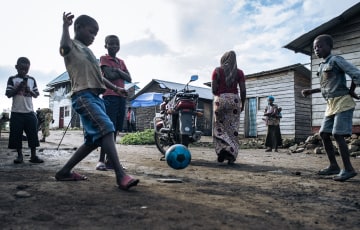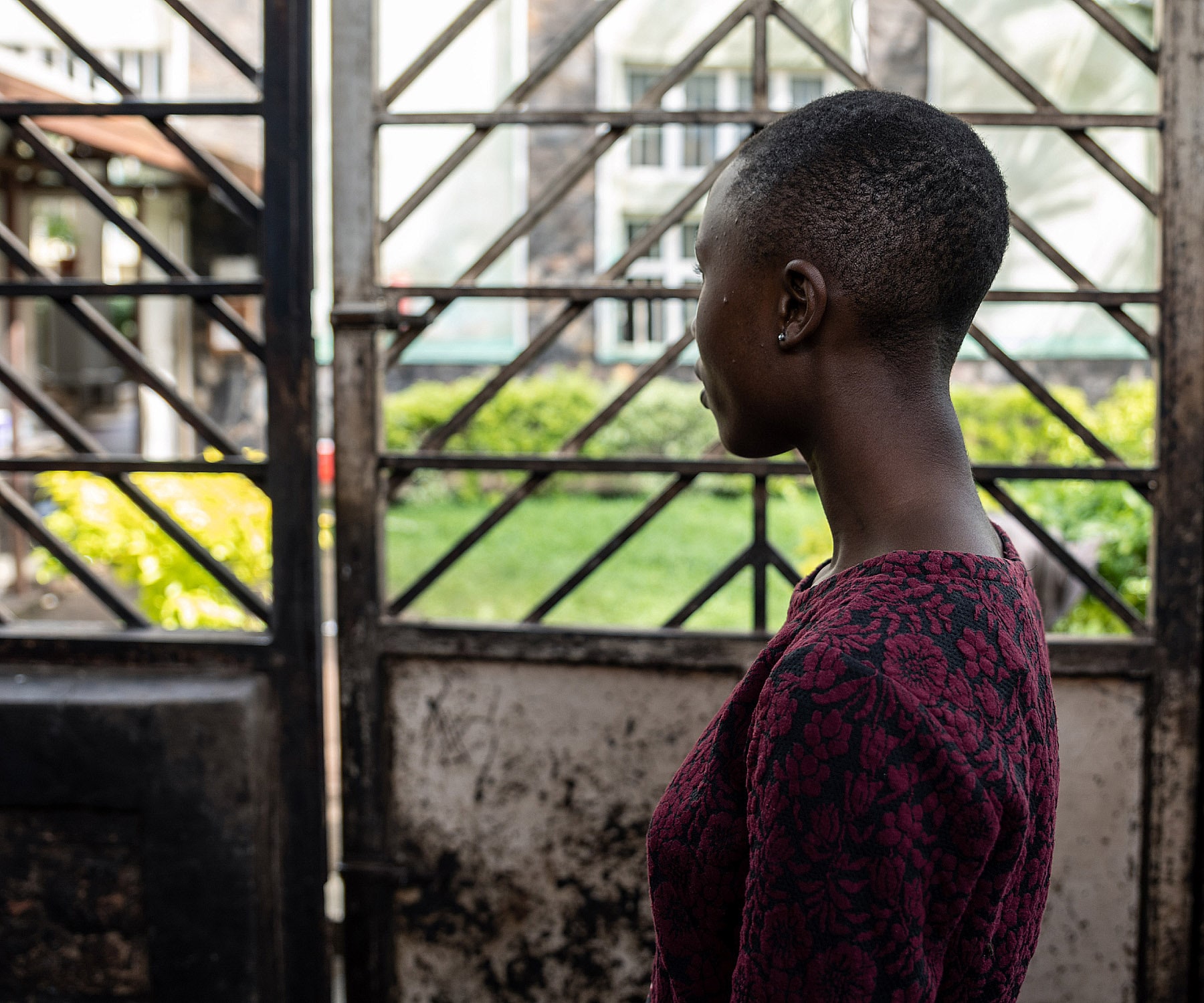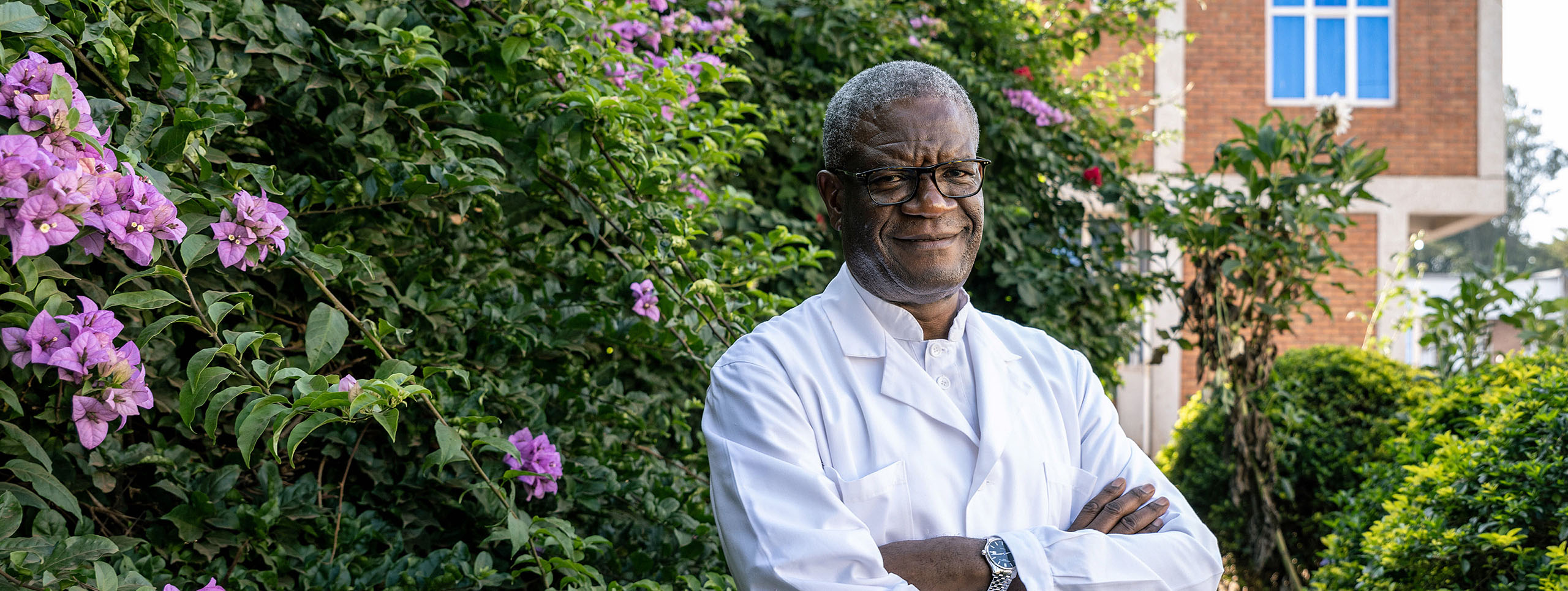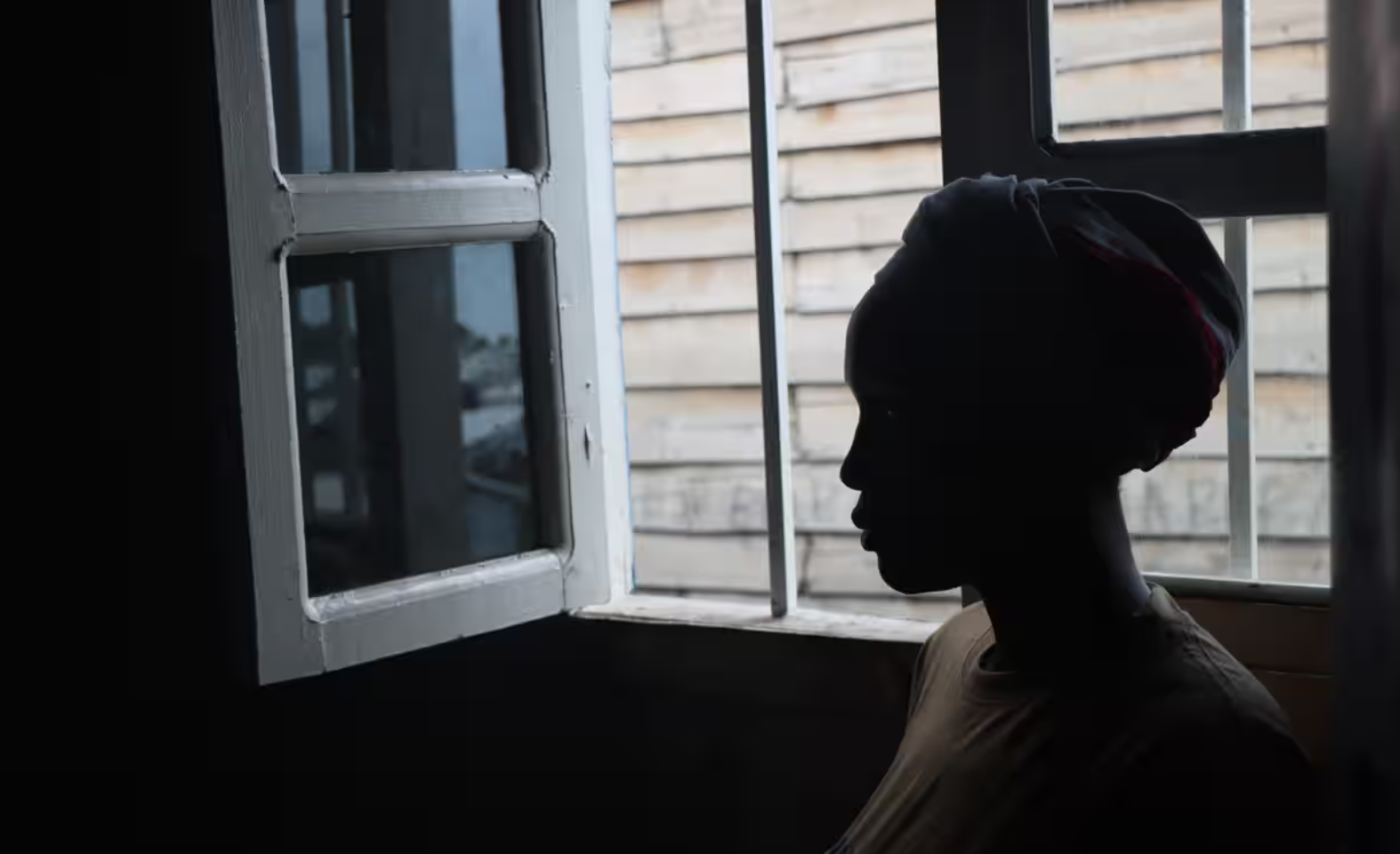March is widely known as Women’s History Month, a season in which we celebrate the resilience and achievements of women and girls around the globe. It is also an opportunity for reflection, and a solemn reminder that for many around the globe, womanhood is not celebrated, and instead a cause of their oppression. As March comes to a close, we must also be reminded that the issues that affect women most deeply cannot be relegated to one day or month of commemoration – equality and justice for women and girls instead must be prioritized every day of the year.
It is a well-known fact that in every conflict and crisis, women and girls face a disproportionate burden. In The Democratic Republic of Congo (DRC) – where Panzi Hospital and Foundation operates – violence is raging in the eastern region of the country at the hands of the M23 militia. And in turn, history continues to repeat itself as women and girls are raped as a weapon of war. Eyewitness reports of perpetrators looting health centers for condoms before committing mass rapes demonstrate callous and systemic premeditation by the assailants, with the sole purpose of inflicting terror on the bodies of women.
This is a pervasive problem, and not unique to the continued violence in DRC. We are witnessing mass atrocities in geographies and conflicts as varied as Ukraine to Tigray, where rape is also being used as a weapon of war; to Afghanistan and Iran, where exercising freedom of speech can come with a death sentence.
It is challenges like these that make the contributions, advancements, and value of women – and necessarily, women of color – in our society even more laudable. In each of these crises and conflicts described, women are not only the ones most affected, but the ones most motivated to address these issues head-on. They are not just victims and survivors, they are agents of change and innovators of their own solutions.
In DRC, survivors are demanding progress and transparency in the peace and justice process, and advocating for national, regional, and international reform to address past and present crimes – including sexual violence in conflict. One such activist, Tatiana Mukanire, leads the National Movement for Survivors of Sexual Violence in DRC. She says, “We need to be reintegrated into society. We need to return to our communities to get on with our lives. We have the will to live. We have proven it by fighting for our survival, by holding on to life.”
In Ukraine, women lawyers are joining forces to advocate for the rights of their countrywomen. They are improving gender sensitivity in the legal community and improving access to survivors.
In Ethiopia, activists are leading civil society movements and playing an active role in peace processes. In the wake of civil war, these changemakers are fighting hard to prevent progress on women’s rights from becoming a casualty.
In Iran, feminist community mobilizers are trying to enact change in issues as diverse as immigration reform, gun violence prevention, and sexual and reproductive health and rights. As massive protests spread across the country, they are working to amplify the voices of Iranian women to be heard around the globe.
In Afghanistan, where 2.5 million girls are out of school and women are banned from working for NGOs, women activists and reformers refuse to be silent, mobilizing civil society and online movements. They are becoming vocal advocates for women’s access to education, employment, political leadership, and for ending gender-based violence.
These are but a few examples of the courage, leadership, and perseverance we celebrate throughout the month of March – but they are women who should be honored and supported every single day. Through their advocacy, vision, and dedication, women around the world have repeatedly demonstrated their ability to effect wide-scale change, and it is our duty as global citizens to amplify their efforts – regardless of the date on the calendar.








